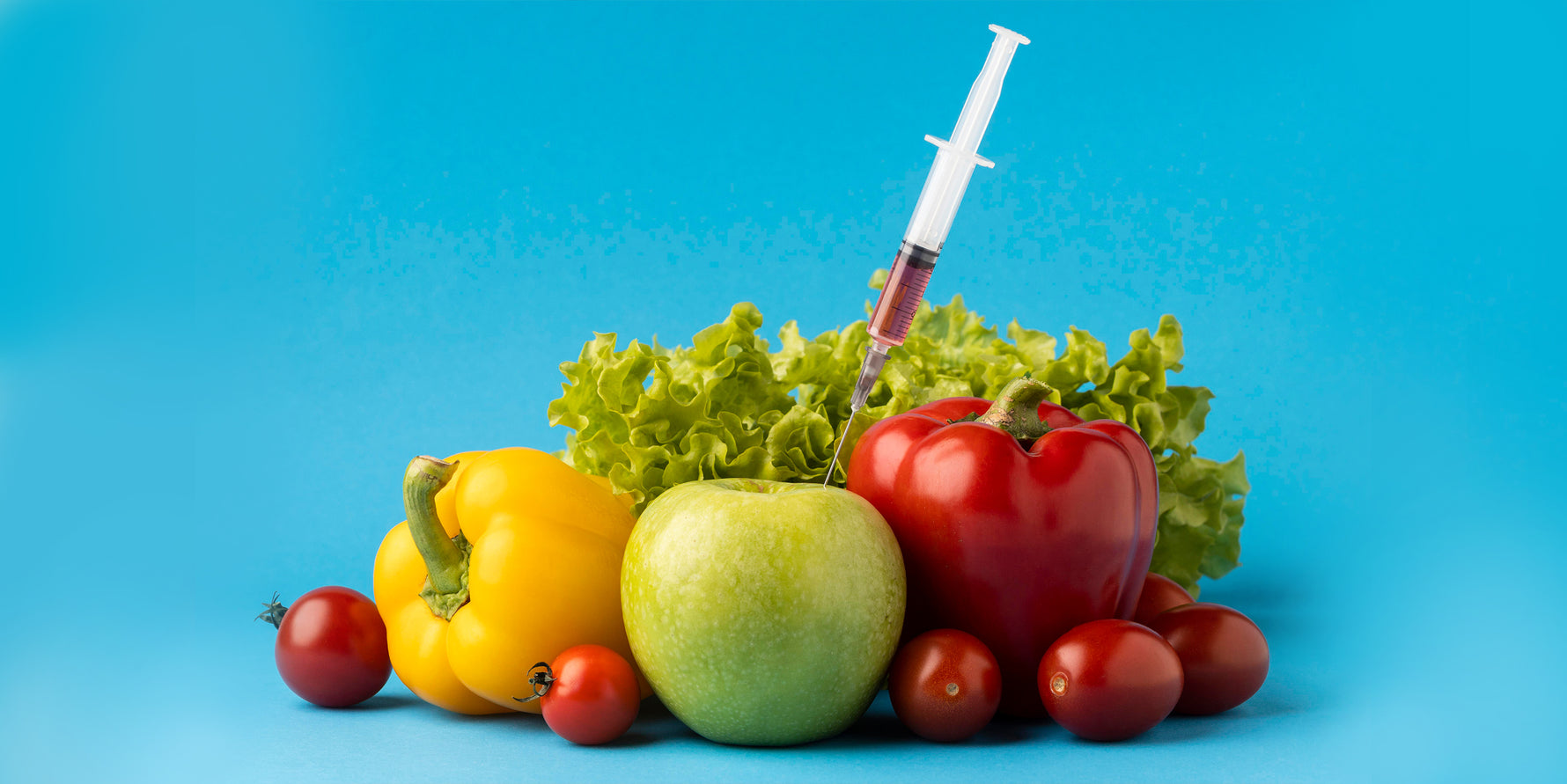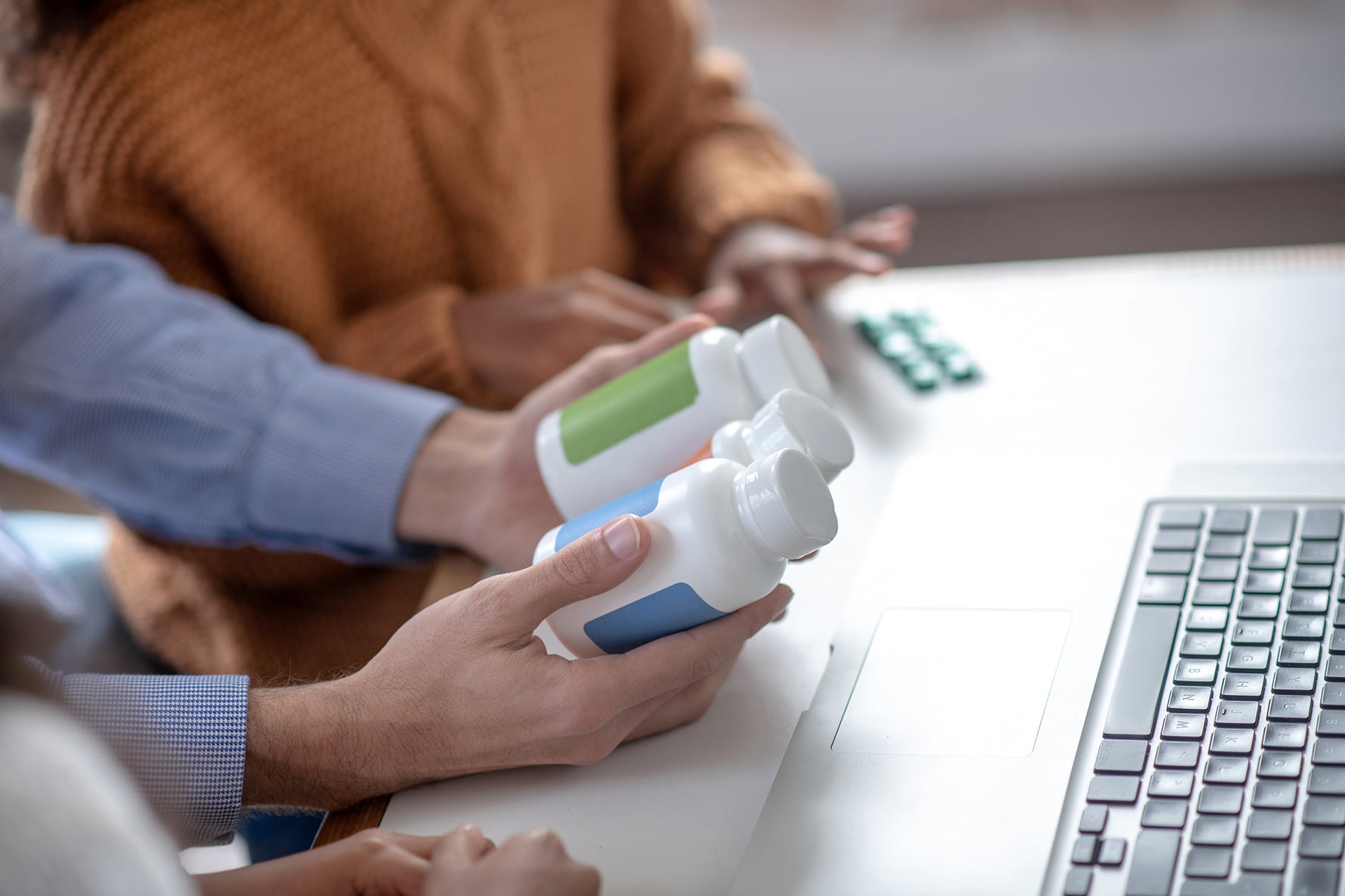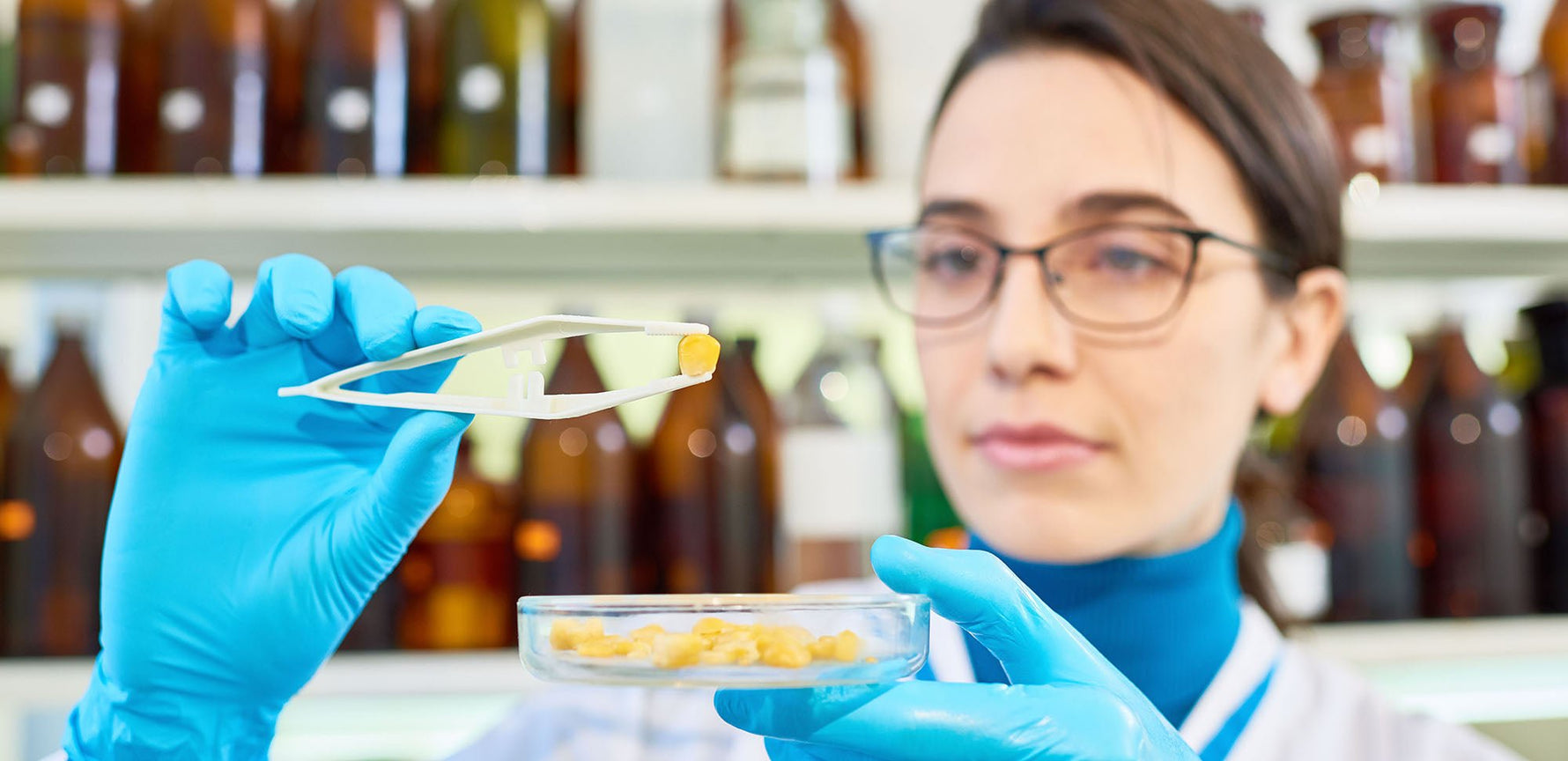20% OFF HEART HEALTH COLLECTION USE CODE EZHEART AT CHECKOUT
20% OFF HEART HEALTH COLLECTION USE CODE EZHEART AT CHECKOUT
20% OFF HEART HEALTH COLLECTION USE CODE EZHEART AT CHECKOUT
20% OFF HEART HEALTH COLLECTION USE CODE EZHEART AT CHECKOUT
20% OFF HEART HEALTH COLLECTION USE CODE EZHEART AT CHECKOUT
20% OFF HEART HEALTH COLLECTION USE CODE EZHEART AT CHECKOUT
20% OFF HEART HEALTH COLLECTION USE CODE EZHEART AT CHECKOUT
20% OFF HEART HEALTH COLLECTION USE CODE EZHEART AT CHECKOUT
20% OFF HEART HEALTH COLLECTION USE CODE EZHEART AT CHECKOUT
20% OFF HEART HEALTH COLLECTION USE CODE EZHEART AT CHECKOUT
20% OFF HEART HEALTH COLLECTION USE CODE EZHEART AT CHECKOUT
20% OFF HEART HEALTH COLLECTION USE CODE EZHEART AT CHECKOUT
20% OFF HEART HEALTH COLLECTION USE CODE EZHEART AT CHECKOUT
20% OFF HEART HEALTH COLLECTION USE CODE EZHEART AT CHECKOUT
20% OFF HEART HEALTH COLLECTION USE CODE EZHEART AT CHECKOUT
20% OFF HEART HEALTH COLLECTION USE CODE EZHEART AT CHECKOUT
20% OFF HEART HEALTH COLLECTION USE CODE EZHEART AT CHECKOUT
20% OFF HEART HEALTH COLLECTION USE CODE EZHEART AT CHECKOUT
20% OFF HEART HEALTH COLLECTION USE CODE EZHEART AT CHECKOUT
20% OFF HEART HEALTH COLLECTION USE CODE EZHEART AT CHECKOUT
20% OFF HEART HEALTH COLLECTION USE CODE EZHEART AT CHECKOUT
20% OFF HEART HEALTH COLLECTION USE CODE EZHEART AT CHECKOUT
20% OFF HEART HEALTH COLLECTION USE CODE EZHEART AT CHECKOUT
20% OFF HEART HEALTH COLLECTION USE CODE EZHEART AT CHECKOUT
EZ Melts Health Blog

EZ Melts Health Blog
The Essential ABCs: What Vitamins Should I Be Taking?
by Annie-Eliza Stevens
on Mar 25 2024
Reading Time: 3 minutes
As a society bombarded by wellness advice, we often find ourselves at a crossroads between curiosity and confusion: Do I need supplements?
The question "What vitamins should I be taking?" is an important one, yet the response isn't a one-size-fits-all solution. Your age, diet, health status, and several other factors can influence which supplements could benefit you.
Let's break down the science of vitamins to give you a comprehensive understanding and, importantly, help you make an educated decision about your daily supplement routine.
Bridging The Nutrient Gap
We'd like to think we get all our necessary nutrients from our meals, but today's dietary practices often fall short. It's not uncommon for the average person to have nutrient gaps, which is where vitamins come into play.
For instance, iron is critical for the formation of hemoglobin, the protein that helps red blood cells deliver oxygen throughout your body. It's found in foods like red meat and spinach. But for some, particularly menstruating women, pregnancy, or people with heavy periods, an iron supplement might be beneficial in maintaining adequate levels.
Meanwhile, Vitamin D is often referred to as the "sunshine vitamin," as we can produce it from sun exposure. Yet, with indoor lifestyles and sunscreen use, deficiency is widespread. This nutrient is important for bone health and immune system function — a reason why it’s worth checking if you’re getting enough and potentially considering a supplement.
Common Deficiencies: What Vitamins Should I Take Daily?
Which vitamins are people lacking, and why? According to the Dietary Guidelines for Americans, frequent shortages include vitamin D, calcium, potassium, and fiber, which are notably under-consumed by many.
But the story doesn't end there. Certain vitamins have become the spotlight of health concerns due to widespread deficiencies. For instance, vitamin B12 is essential for nerve function and red blood cell production. It's found in meat, fish, and dairy, making vegetarians and vegans more at risk for deficiency, underlining the importance of fortified foods or supplements in these dietary approaches.
Folate (vitamin B9) is crucial in cell division and is paramount during pregnancy to prevent birth defects. That's why many prenatal vitamins contain a high dose.
These common deficiencies offer a glimpse into why a vitamin supplement might be necessary for some, however, always consult with a healthcare provider before making significant changes in your vitamin intake.
Who Needs Which Vitamin The Most?
Age, gender, lifestyle, and health status are huge factors in determining your potential need for a vitamin supplement.
Folic acid, for example, is recommended as a daily supplement for women of childbearing age to prevent neural tube defects in a developing fetus.
Likewise, adults over the age of 50 might need Vitamin B12 supplementation. As we age, our body's ability to absorb B12 decreases, potentially leading to anemia, dementia, or nerve damage.
And then there’s calcium and vitamin D, which are crucial for strong bones and are of particular concern for young adults to help maximize bone density, and for aging populations who are at risk for osteoporosis and fractures.
Tailoring Your Supplement Regimen
Tailoring your vitamin intake is as essential as customizing your diet. Although we advocate for getting nutrients from food first, when nutrient gaps persist, supplements can be beneficial.
Here are some tips to tailor your supplement regimen:
Know Your Deficiencies: Regular check-ups and blood work can highlight any potential deficiencies.
Choose Quality Supplements: Not all supplements are created equal. Look for third-party tested, USP-verified, or GMP-certified products to ensure quality.
Consider Combinations: Some vitamins and minerals work synergistically. For instance, vitamin D aids in the absorption of calcium.
Assess The Need: Some days you may need more than others. If you've had a particularly stressful week, a vitamin B complex might serve you better.
Include Lifestyle In The Equation: Athletes may require more of certain vitamins to fuel their body’s needs, such as vitamin C for tissue repair and magnesium for muscle function.
Conclusion
Supplements can be a valuable tool to bridge certain nutrient gaps, however, they are not a substitute for a healthy diet. The best approach is a holistic one that encompasses whole foods, mindful eating, and supplementation where necessary.
Remember that individual health profiles vary, and no one vitamin routine works for everyone. Whether you need a multivitamin or specific supplements, it’s always a good choice to partner with a healthcare professional who can guide you toward the best path for your health and well-being.
So, to answer the original question, "What vitamins should I be taking?"— the ones that will help you create an internal environment that supports your unique vitality. Ready to start your personalized vitamin journey? It all begins with a little nutritional self-discovery.

EZ Melts Health Blog
Self-Improvement Month: How to Fall in Love With Yourself
by Annie-Eliza Stevens
on Sep 21 2023
Reading Time: 3 minutes
September is Self-Improvement Month, but let's be honest, every day is an opportunity to better ourselves.
While self-improvement covers a broad range of categories, one of the most important is taking care of our health. Habits focused on our physical and mental wellness can have a significant impact on our well-being, energy levels, and overall quality of life. But where do we start?
Choosing Healthy Habits and Sticking to Them
Start Small
One of the biggest mistakes people make when trying to adopt healthy habits is trying to do too much too quickly. Overhauling your entire lifestyle overnight is just not realistic.
Pick one or two habits you want to adopt and work on them consistently until you feel comfortable.
Make a Plan
The best way to make sure you stick to your new healthy habits is to have a plan. Write down what you want to achieve, how you’re going to do it, and when.
This doesn’t have to be complicated - it could be as simple as writing a to-do list or setting reminders on your phone.
Stick to a Routine
Consistency is key. Healthy habits require your follow-through and sticking to a routine. Try to do your healthy habit at the same time every day, or on the same days of the week.
Try These Healthy Habits
Try some of these ideas if you’re drawing a blank when it comes to what habits to try and create for a healthier, happier you.
Start Your Day Positively
Start your day on a positive note by setting aside time for yourself in the morning. Kicking off your day by grounding yourself and fostering a positive mindset will help set the tone for the rest of the day.
Instead of checking your phone first thing in the morning, use an analog alarm clock and leave your phone in a drawer until after your new routine is done.
Some ideas for a morning routine include taking a few minutes to meditate, journal, or go for a longer walk with your dog around the neighborhood.
Make Self-Care a Priority
Self-care is crucial for our mental, emotional, and physical well-being. It's important to take care of ourselves before taking care of others.
A great way to practice self-care is by making time for activities that make us feel good, such as exercising, taking a bubble bath, or watching our favorite movie.
Make it a habit to schedule some self-care time each week so that you don't forget to take care of yourself.
Take Your Vitamins
Vitamins and minerals are essential for our bodies to function properly. They help to maintain a healthy immune system, support our energy levels, keep our bones and teeth healthy, and promote healthy cell function.
However, it can be difficult to get all the vitamins we need from our diet alone, which is why it's important to take daily vitamin supplements.
The best thing about a supplement regime is it's easy to start, cost-effective, and takes a few seconds to do daily. If you’re looking for a good place to start, try a multivitamin in the morning with breakfast.
Practice Gratitude
Practicing gratitude has been shown to improve overall happiness and well-being. One way to practice gratitude is by keeping a gratitude journal.
Write down three things that you're grateful for each day, no matter how big or small they may be. This will help you focus on the good things in your life and cultivate a sense of gratitude.
Get Enough Sleep
Getting enough sleep is essential for our overall well-being. When we don't get enough sleep, we feel tired and irritable, and it can affect our mood, concentration, and productivity.
Aim to get at least 7-8 hours of sleep each night, and try to establish a bedtime routine to help you wind down and get a good night's sleep.
To support better rest, try a natural option like taking a melatonin supplement 30-40 minutes before bed. This will let your body know that it’s time to sleep which will make it easier to physically and mentally wind down for the night.
Conclusion
September may be self-improvement month, but let's commit to making self-improvement a lifelong habit. By creating healthy habits, we are showing ourselves that we are worthy of care and respect.
Taking care of your health and well-being can help you be present in the moment and remind yourself that in order to take care of others, we first must take care of our own needs. We can fall in love with ourselves and live our happiest, healthiest lives.

EZ Melts Health Blog
Stress-Relieving Nutrients for National Relaxation Day
by Annie-Eliza Stevens
on Aug 15 2022
Read Time: 3 minutes
In today's world, stress seems to be a constant companion. We're constantly juggling work, family, and social obligations, and it can be tough to find time for ourselves.
Which is why National Relaxation Day is so important. It's a time to focus on our mental well-being and take some time for ourselves.
There are many ways to help yourself relax and enjoy being in the present moment. One of the best ways is through nutrition.
Certain nutrients can help improve our mood, reduce mental tension, and promote calmness. Here are some of the best stress-relieving nutrients to add to your diet.
Magnesium
One of the best stress-relieving nutrients is magnesium. Magnesium helps to relax the nervous system and has been shown to be effective in reducing stress and anxiety.
It can also help to improve sleep quality, which is important for overall stress management.
Foods that are high in magnesium include dark leafy greens, nuts, and seeds.
L-Theanine & Melatonin
Supplements like L-theanine and melatonin can help promote mental clarity and restful sleep, both key to living with less stress.
L-theanine is an amino acid that can be found in green tea, and it has been shown to promote relaxation without causing drowsiness.
Melatonin is a hormone that helps regulate sleep by way of signaling your Circadian rhythm, and it can be effective in supporting a calm state of mind and body.
Omega-3
Another great stress-relieving nutrient is omega-three fatty acids. Omega-three fatty acids have anti-inflammatory properties and have been shown to reduce stress levels and improve mood. They can also support healthy brain function and protect against cognitive decline.
Good sources of omega-three fatty acids include fish, nuts, and seeds.
Vitamin B-Complex
Vitamin B-complex is another stress-relieving nutrient that can be found in many foods. Vitamin B-complex helps to support the nervous system, your cognitive health, and helps the body cope with stressors. It can also help to improve mood and reduce feelings of anxiety.
Good sources of vitamin B-complex include meat, poultry, fish, eggs, and dairy products, as well as natural supplements.
Probiotics
These beneficial bacteria are found in yogurt, kimchi, and sauerkraut. Probiotics help support a healthy gut which is essential for overall health and wellness.
Your gut supports your nervous system and lower levels of tension by making your serotonin production more available for your body to use. Probiotics also help to reduce stress-related hormones like cortisol.
Herbs
Herbs have been used for mental wellness properties for centuries. There are many different herbs that can be used to help you relax and unwind.
Some of the most popular stress-relieving herbs include chamomile, lavender, and the nootropic ashwagandha. These herbs can be consumed in tea form or taken in supplement form.
—
Stress is a part of life, but it doesn't have to control us. By incorporating stress-relieving nutrients into our diets, we can take back control and find some peace of mind. Make a commitment to relax and nourish your mind and body with stress-relieving foods and supplements.
Make sure you choose a brand that cares about what they put into their supplements as much as you care about what goes into your body!
EZ Melts supplements are all zero-sugar, vegan, gluten-free, and non-GMO, so you know that you are getting effective supplements that won’t cause you harm. Join our subscription service to get 30% off your first order for a limited time.

EZ Melts Health Blog
by Annie-Eliza Stevens
on Mar 29 2022
Read Time: 3 minutes
We are almost through winter and looking forward to the warmer, brighter spring days ahead. We often associate winter with cold & flu season, and sure enough, an uptick in people looking for preventative measures so they don’t get stuck using sick time. One simple, popular method is taking quality supplements that support a healthy immune system, like vitamin C.
But as the seasons change, your vitamin C intake shouldn’t. You need vitamins and minerals year-round and in the right amounts too. If you only use vitamin C supplements in the winter, you’ll miss out on all the fantastic benefits this health powerhouse has to offer.
The Health Benefits of Vitamin C
Vitamin C, also known as ascorbic acid, is vital in forming bone, muscle, tissue, and skin and promotes iron absorption. Vitamin C can support the effectiveness of sunscreen and is believed to help your body heal skin wounds faster.
And of course, vitamin C is associated with a strong immune response, hence why it’s a cold & flu season favorite. Vitamin C is a potent antioxidant when taken in the right amounts. Antioxidants support a healthy immune system response and fight free radicals.
Free radicals can harm and age your skin. Vitamin C is responsible for boosting your body’s natural collagen production, which equals healthier, younger-looking skin, so a vitamin C supplement is excellent for glowing skin year-round.
How Much Vitamin C Do I Need to Take Daily?
It all comes down to getting the right amounts of any vitamin. The recommended daily amount of vitamin C each person should take is different depending on numerous factors: age, health conditions, ethnicity, and diet, to name a few.
The National Institutes of Health recommend adult men 19 years and over take 90mg of vitamin C per day, and adult women 19 years and over take 75mg. If a woman is pregnant, they recommend getting a little more each day, about 85mg, and if lactating, 120mg.
It’s also common for people who smoke regularly to need about 35mg more than non-smokers because cigarette smoke is toxic and depletes a body of nutrients.
Consult your doctor before starting any new supplement regimen.
The EZ Melts Difference
While you may be able to find vitamin C supplements elsewhere, it’s finding quality products that matters when it comes to your health.
Make sure you choose a brand that cares about what they put into their supplements as much as you care about what goes into your body!
EZ Melts supplements are all zero-sugar, vegan, gluten-free, and non-GMO, so you know that you are getting effective supplements that won’t cause you harm.
Try our popular vitamin C supplements today.
Thank you for being a part of the EZ Melts community!
___
Written by Annie-Eliza Stevens

EZ Melts Health Blog
by Annie-Eliza Stevens
on Jan 05 2022
Read Time: 3 minutes
The health and wellness market is booming now more than ever, and there are a lot of buzzwords that brands throw around in advertising that can be misleading.
If you’re buying these products and reading this you’re probably health-conscious, so it’s important to make sure that what you are putting in your body is helping, not hurting.
EZ Melts is committed to transparency and education on health and wellness and we often focus our blog on information surrounding some of these buzzwords.
Non-GMO is one of these popular phrases that is often found stamped on product labels, but what is it?
All About GMOs—and Why You Should Care
GMOs are genetically modified organisms that have been manipulated in laboratories to produce plants that can withstand chemicals like insecticides and herbicides.
With this comes mutated DNA strands, creating animal, plant, virus and bacteria genes that do not naturally exist. In addition, the safety of consuming GMOs is not adequately studied, which means we have no idea what effect this might have on our health and the environment in the long run.
In many countries, it is mandatory for products containing GMOs to be labeled, however Canada and the US do not have equivalent regulations.
In 2018, the US mandated that by 2022, some products are required to be labeled, but the effectiveness of this mandate isn’t yet known.
The US sells A LOT of packaged foods and health products and most of these contain corn, soy, canola, and sugar beet, which are grown in the US using GMOs. Animal products are affected too, as our livestock is typically fed genetically modified feed.
So what’s the good news?
There are companies, like EZ Melts, who care about what goes into their products and keep everything GMO-free for both people and the environment.
First step in finding non-GMO products? Know which crops and animal products are at a high risk for being grown and made using GMOs.
According to the Non-GMO Project, there are crops that are produced at high-risk and low-risk of containing GMOs. Here is the list of some things that could be ingredients in your food, beverages, and even health products, like supplements:
High-Risk Crops for GMOs
Alfalfa
Canola
Corn
Cotton
Papaya
Soy
Sugar beet
Squash
Animal products
Microbes and enzymes
Potato
Further Products Made Out of High-Risk Crops
Amino acids
Alcohol
Aspartame
ascorbic acid
sodium ascorbate
Citric acid
Sodium citrate
Ethanol
Flavorings
High-fructose corn syrup
Hydrolyzed vegetable protein
Lactic acid
Maltodextrins
Molasses
Monosodium glutamate (MSG)
Sucrose
Textured vegetable protein (TVP)
Xanthan gum
Vitamin supplements
Vinegar
Yeast products
The EZ Melts Non-GMO Promise
If you’re considering going GMO-free, but still want to take supplements to support your well-being, try EZ Melts. Our melts dissolve quickly on the tongue, making it EZ to get the nutrition you need.
We ensure that our vitamins are non-GMO, vegan, gluten-free, and free of harmful chemical additives and sweeteners.
Just check out our ingredients listed on each bottle and feel better knowing you are supporting your best health without consuming GMOs. Thanks for being a part of our community!
___
Written by Annie-Eliza Stevens

EZ Melts Health Blog
Understanding Ingredients in Vitamins - Good, Bad, & Ugly
by Annie-Eliza Stevens
on Oct 11 2021
Read time: 2 minutes
As we’ve said before, not all supplements in the nutraceutical industry are created equal. What goes in your body should be a careful decision and the quality of the supplements you take do matter.
Unfortunately, the FDA doesn’t regulate supplements as strictly as pharmaceuticals because they aren’t technically considered drugs.
While this doesn’t mean supplement companies can say or do anything under the sun, it does mean that some companies take the easy route.
Often to reduce production costs, companies will include cheaper ingredients and fillers that aren’t effective or can even harm you. So while two supplements side by side on a shelf may advertise the same vitamin or mineral, they might give you very different results.
Do Research Before You Buy
Best way to pick the right supplement? Research ahead of time.
When talking about multivitamins specifically, look at the vitamins and minerals listed. Do they stack up to the list below? A lot of brands won’t include everything they should in a supplement.
Also, make sure that you are taking ONLY the recommended dosage. When taking supplements, especially those with minerals, it is easy to take too much.
There is a growing shift away from chemical and artificial ingredients in the nutraceutical industry and EZ Melts is proud to be a part of that movement. We ensure that our vitamins are non-GMO, vegan, gluten free, and free of harmful chemical additives and sweeteners.
Harmful or Toxic Vitamin Ingredients in Supplements
Be on the lookout for:
Artificial flavoring, which has been linked to diabetes
GMO products such as corn starch and gelatin from unknown sources
Chemically engineered food coloring such as red 40 and blue 2
Titanium dioxide, found in things like makeup and even paint! It’s linked to harming lung health
Talc or magnesium silicate, which is a carcinogen and linked to stomach cancer
Lead, mercury or PCBs
Hydrogenated oil which acts as a filler and contributes to “bad” cholesterol
Thankfully, there are supplements using ethical and safe ingredients that don’t contain harmful synthetic chemicals.
After all, why take a vitamin if it doesn’t work? You might feel more at ease taking a supplement, any supplement, if you don’t know that there are a lot of companies out there that will use less effective ingredients.
The supplements you are spending money on could be hard to absorb or worse—you could harm your body. Try a supplement like EZ Melts to support your health affordably and naturally.
The EZ Melts Promise
Try our EZ Melts supplements for their customer-approved, all natural flavor, and their non-GMO and vegan promise. They melt quickly on the tongue, making it EZ to get the nutrition you need!
Best part? We create vitamins without fillers and don’t add any harmful chemicals or artificial ingredients. Just check out our ingredients listed on the bottle and feel better knowing you are actually supporting your best health. Thanks for being a part of our community!
___
Written by Annie-Eliza Stevens

EZ Melts Health Blog
Don’t Waste Your Money On These Vitamins!
by Annie-Eliza Stevens
on Sep 18 2020
As we’ve said before, not all supplements in the nutraceutical industry are created equal, and some can even be harmful to your health!
In part this is due to the fact that the FDA does not regulate supplements as strictly as pharmaceuticals because they are technically considered drugs [1].
While this doesn’t mean supplement companies can say anything under the sun, it does mean that some companies take the easy route. Often, to reduce production costs, companies will include cheaper ingredients and fillers that aren’t effective, or can even harm you!
Ingredients Matter for Bioavailability
At best, supplements like these are simply not absorbed by your body. Take vitamin B-12 for example. While a supplement may include the B-12 listed, the form it was sourced from is critical!
Most supplement companies will use the form of B-12 called cyanocobalamin because it is cheaper and has a longer shelf life. Unfortunately, it also has to be converted by the body into methylcobalamin, and often, our bodies fail to do so with this type of supplement.
Methylcobalamin (the form we use in our B-12 supplements) is recommended over the less effective cyanocobalamin by many studies for its superiority and bioavailability [2]. Bioavailability simply means the availability of a vitamin or mineral to be metabolized and absorbed by the body. There are some ingredients and forms of vitamins that bodies can process better!
Harmful Ingredients in Supplements
We’ve mentioned a few toxins to note when choosing a vitamin, but it’s worth listing again, for safety’s sake. Be on the lookout for:
Artificial flavoring, which has been linked to diabetes [3]
GMO products such as corn starch and gelatin from unknown sources [3]
Chemically engineered food coloring such as red 40 and blue 2 [4]
Titanium dioxide, found in things like makeup and even paint! It’s linked to harming lung health [5]
Talc or magnesium silicate, which is a carcinogen and linked to stomach cancer [6]
Thankfully, there are supplements using ethical and safe ingredients
Why take a vitamin if it doesn’t work? You might feel more at ease taking a supplement, any supplement, if you don’t know that there are a lot of companies out there that will use less effective ingredients.
The supplements you are spending money on could just be a placebo effect on your anxiety if you aren’t actually able to absorb the nutrients, or worse--if you’re actually harming your body!
The EZ Melts Promise
Try our EZ Melts supplements for their customer-approved, all natural flavor, and their non-GMO and vegan promise. They melt quickly on the tongue, making it EZ to get the nutrition you need!
Best part? We don’t add any harmful chemicals or artificial ingredients. Just check out our ingredients listed on the bottle, and feel better knowing you are actually supporting your best health. Thanks for being a part of our community!
Sources
https://www.cancer.org/treatment/treatments-and-side-effects/complementary-and-alternative-medicine/dietary-supplements/fda-regulations.html
https://www.ncbi.nlm.nih.gov/pmc/articles/PMC5312744/
https://www.medicaldaily.com/flintstones-vitamins-contain-artificial-sweeteners-and-gmo-products-fresh-fruits-and-veggies-are
https://healthfully.com/the-side-effects-of-artificial-food-coloring-7764602.html
https://pubmed.ncbi.nlm.nih.gov/24378593/
https://science.sciencemag.org/content/173/4002/1141.long
___
Written by Annie-Eliza Stevens


















